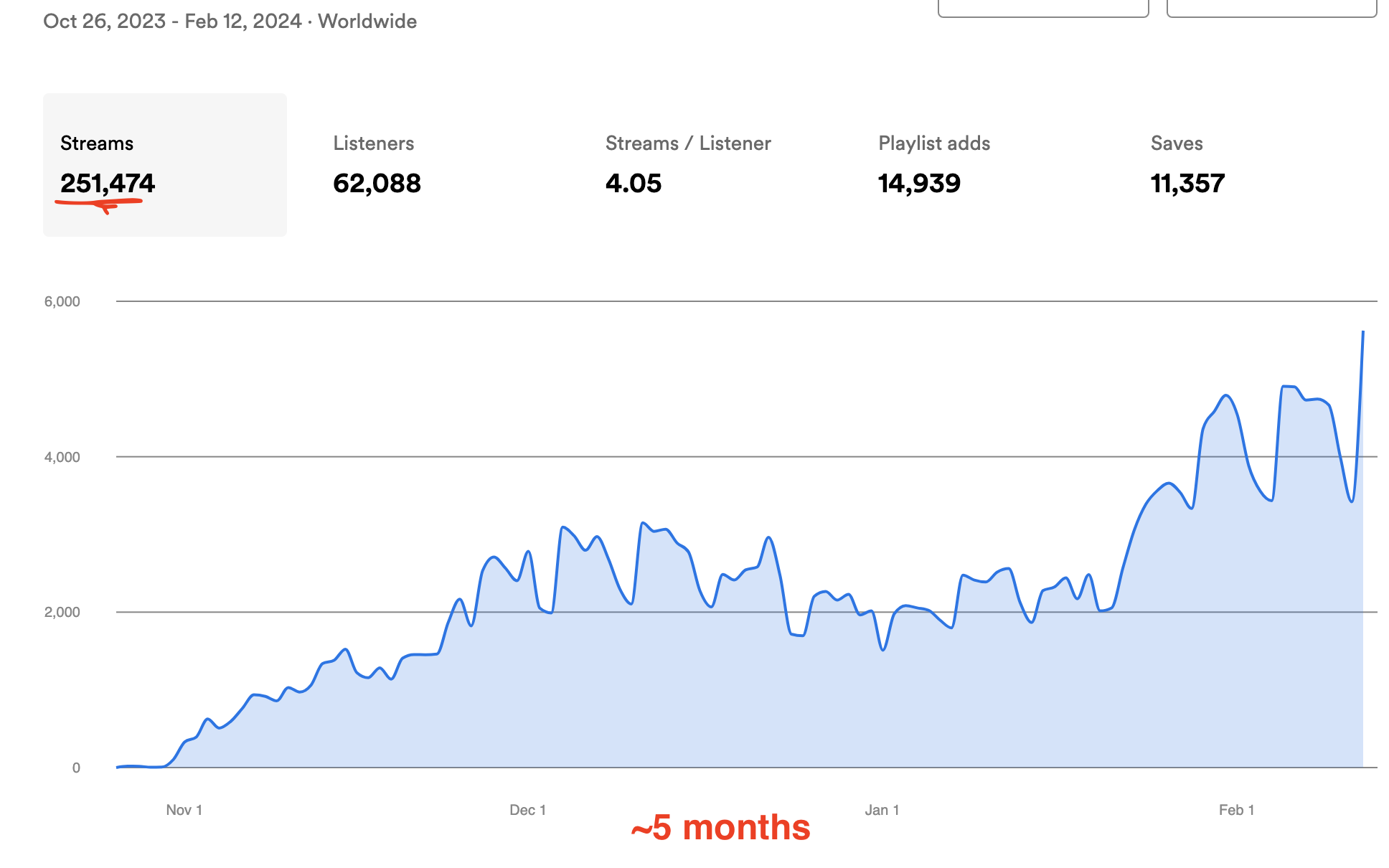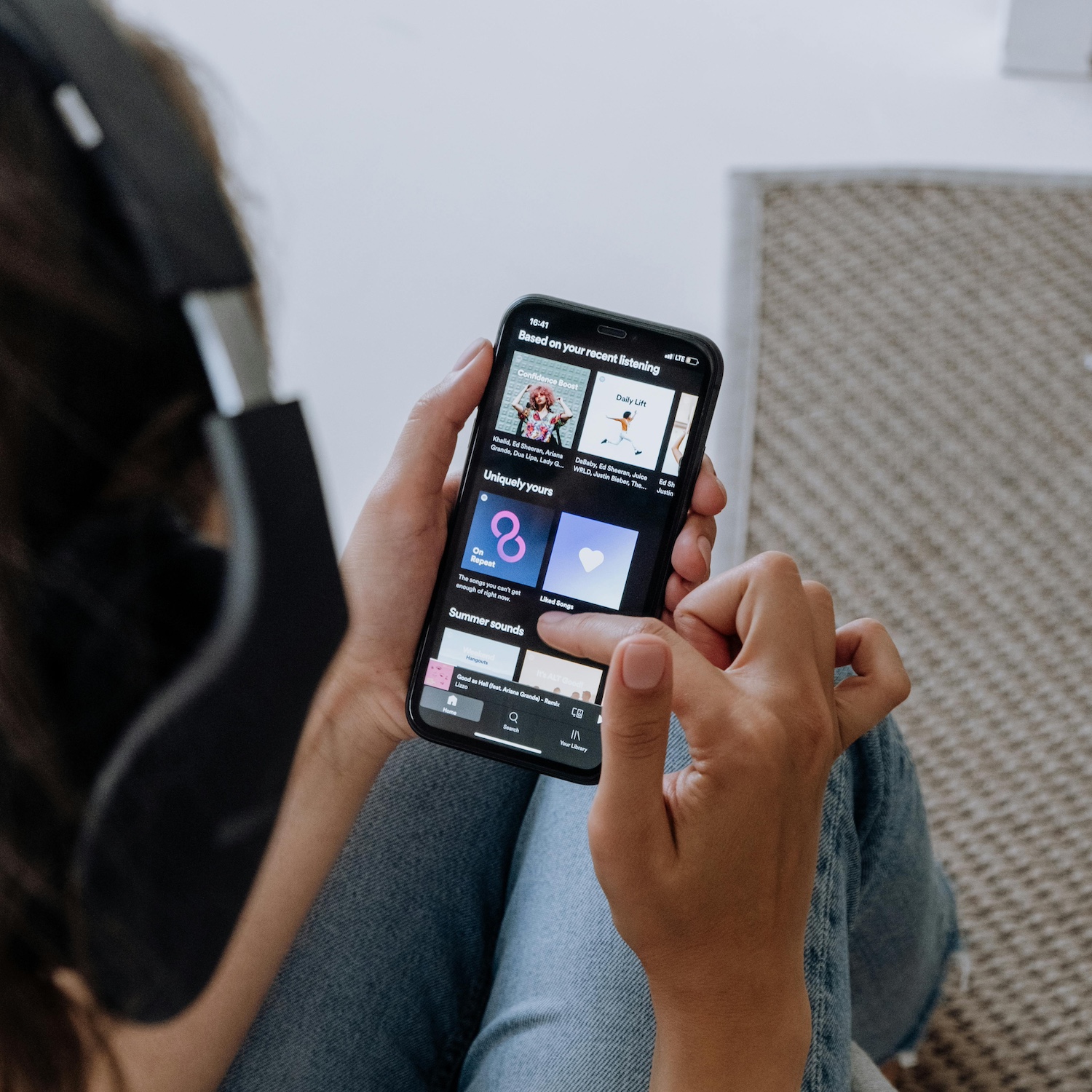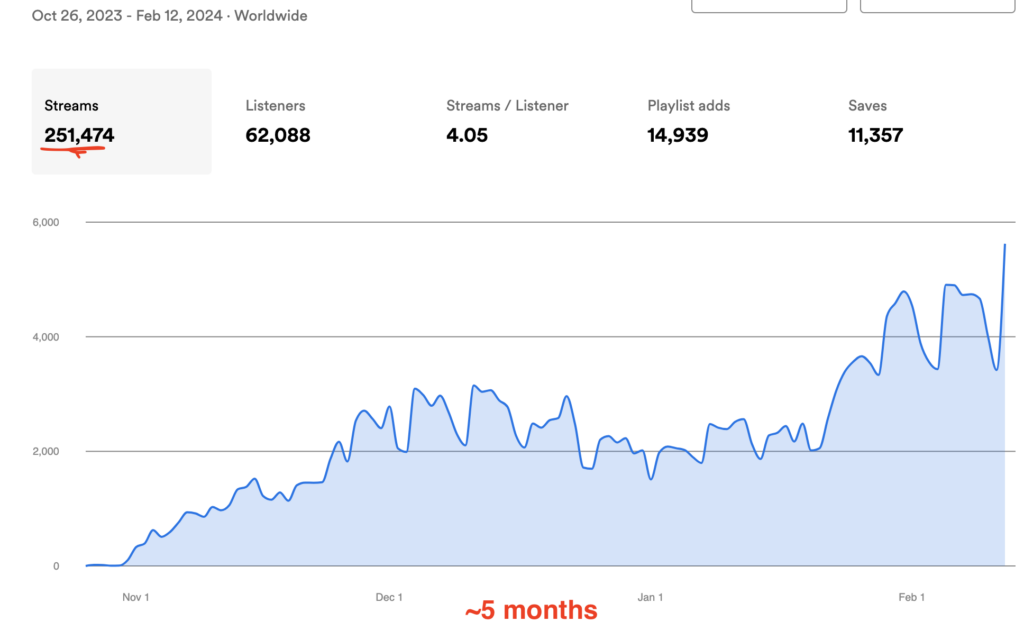I am addicted to checking my email.
I am definitely not addicted to responding to my email, as you know if you’ve ever tried to communicate with me. I live clean there, thank goodness. But I don’t think I’ve gone a day without checking my email in like five years.
I get a dopamine hit whenever I open Gmail and see a notification. So, naturally, like a rat pushing the button to get cheese, I refresh my inbox 452 times per day.
In fact, in the approximately five minutes I’ve spent typing these three paragraphs, I’ve had to consciously restrain myself from opening my inbox in a new tab four different times.
It’s bad.
I recognize this, so I have, at many times and in many ways, tried to break my habit.
I’ve blocked out specific hours in my days for the express purpose of checking my email, promising not to look at it otherwise – only to open my inbox five minutes later during my supposed “deep work” time block.
I’ve literally blacklisted my inbox from my desktop – only to check it on my phone ever other minute.
I’ve moved to a cave in Siberia 5,231 miles away from the nearest cell tower – only to discover that, thanks to satellites, there are now three different broadband plans available with speeds up to 100 Mbps and prices as low as $75 per month.
Anyway, I’m telling you all of this partly as a mode of confession, but more so because I think my issue with email is representative of something almost all artists (and people) struggle with:
We’re addicted to feedback.
We crave a response to our art.
This sounds egotistical, but at its root I think it’s something else. Let me ask you something:
Why do you make music?
The answer, if you’re honest, is that you want to communicate your emotions to other people.
Sure, music can be therapeutic – you can understand your emotions better when you write a song about them – but music is not primarily self-focused. The opposite, actually. Music is probably the first way humans communicated with one another, prior even to verbal language. It’s quite literally for communication.
And communication implies reciprocity, or at least reaction. If the person receiving a message is not in any way impacted by the message, then real communication did not happen. So we want reaction.
In simple terms:
We make music, at least partly, to have other people respond to our music.
No wonder we care so much about feedback.
I think the desire for feedback is natural, and even others-focused rather than egotistical. But in our age of information overload, it leads to two problems:
First, we have access to feedback all the time.
Feedback is always available, everywhere, even at 2am, even in a cave in Siberia. This is overwhelming. The omnipresence of feedback is why kids are addicted to Instagram and I’m addicted to email – we can get it any time, so we seek it all the time.
Here’s modern prophet Bo Burnham boiling it down beautifully: “The internet makes us feel kind of nervous because, at the end of the day, you have to choose between all the information in the world and the back of your eyelids.”
Our brains weren’t wired to make that choice.
Second, we’re exposed to feedback that’s untethered from any other form of relationship.
We crave feedback because we crave relationship – but the internet delivers an abundance of the former while beggaring the latter.
The above sentences are pretty abstract, but the concept gets very real very quickly. Like, I’ve worked with multiple female artists who’ve put art into the world and gotten feedback in the form of degrading, sexual Instagram comments from strangers they’ve never met.
There are obviously exceptions, but I think that most people who comment something gross on a girl’s Instagram post wouldn’t say the same thing to her face in real life. The problem is that when we detach feedback from relationship, it’s harder to remember that other people are people.
And all of this leads leads me to the question that prompted this rambling post in the first place…
How can we, as creators, engage with feedback well?
Given the fact that I check my email 452 times per day, you should probably take my answer with a healthy dose of skepticism. But here’s what I think.
First, we should recognize that our desire for feedback is natural and even good.
In other words, I don’t think the answer is to “not care what people think.” There’s some modern self-help wisdom that preaches this is the way, but I’m not sure it’s even possible, and I think trying to act otherwise is ineffective and probably harmful.
Second, we should be conscious of what makes feedback wise and useful.
Feedback is more likely to be wise when the person who is providing it a) knows us and b) wants our good. Most feedback from people who don’t meet both of those criteria can probably be discarded.
Feedback is only useful when we can act on it. This is one of the reasons I’m so annoyed by my email habit – I’ll read requests at random times when I’m not in a position to respond. Consuming the information and being unable to act on it makes me anxious.
Because of this…
Third, we should structure our engagement with feedback in ways that are likely to be healthy. I think this means limiting our access to feedback and tethering it as much as possible to relationship.
For digital feedback (email replies, social media notifications, etc.), I like the concept of scheduling blocks of time where we can actually process things, rather than allowing ourselves to check notifications at all times of day.
Yeah, I fail at doing this, but I do try. And even the trying helps.
In-person feedback, on the other hand, is much more likely to be fulfilling without too much pre-planning. For example, almost always, you will enjoy your conversations with fans after you play a show – because these interactions happen in the context of a relationship.
There’s plenty more to say on this.
But this post is already obnoxiously long, so I’m going to end it there.
If you’ve struggled with how your music is received – and with how to process how your music is received – you’re not alone. I think virtually all artists do, at least on some level.
And if you’ve got some feedback or have some opinion you’d like to express related to today’s post, let me know. I’ll take a long time to respond to your comment, but I’ll read it right away.
The internet’s really good here in Siberia. Unfortunately.








